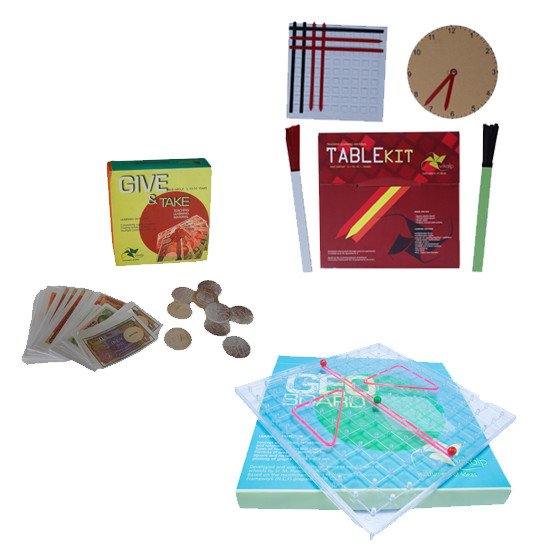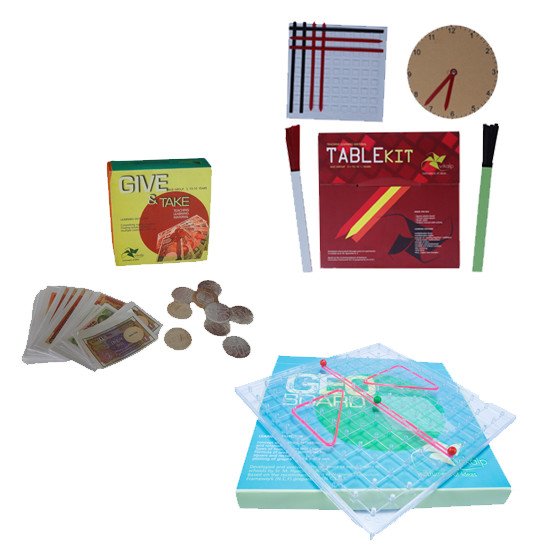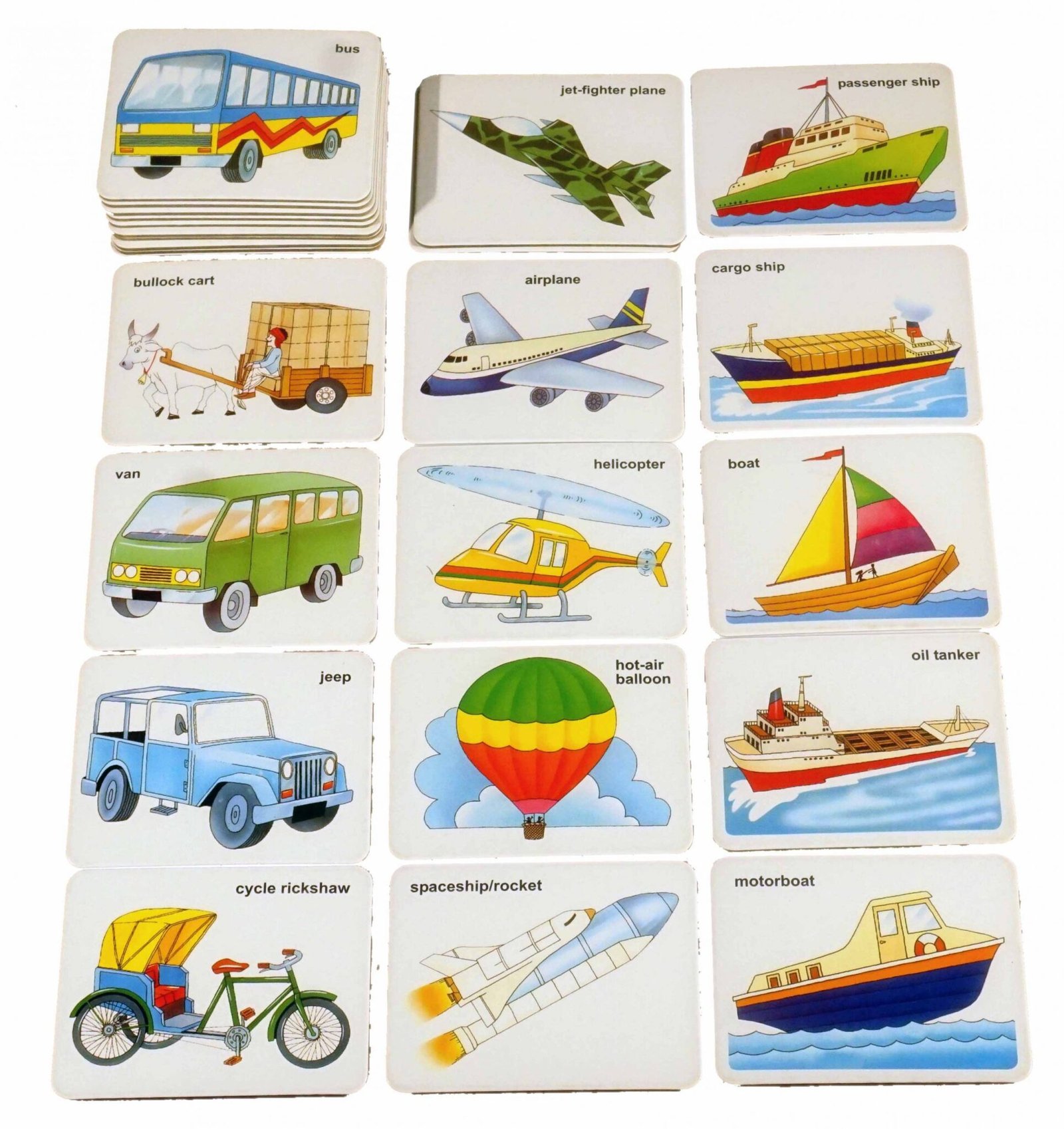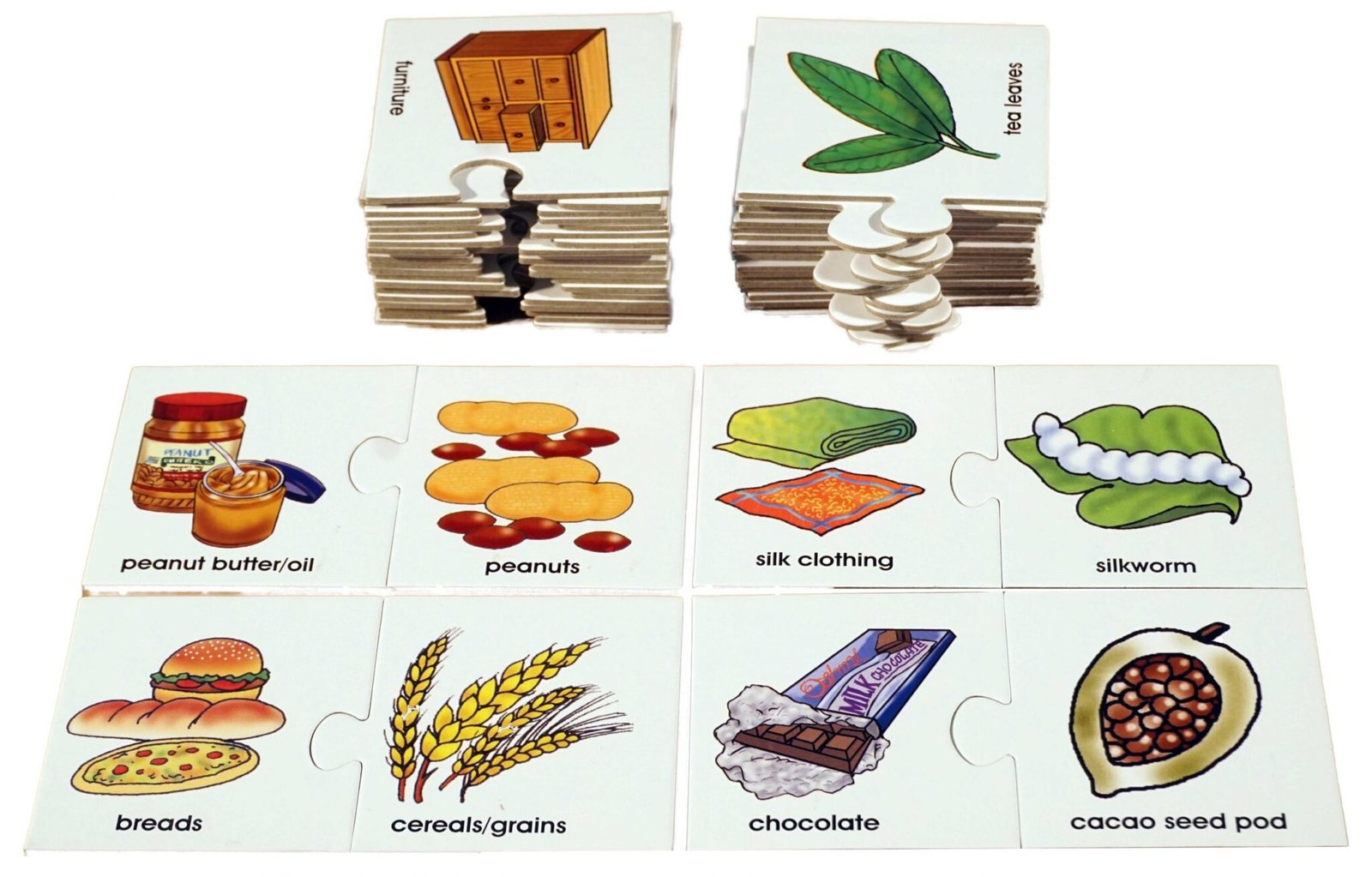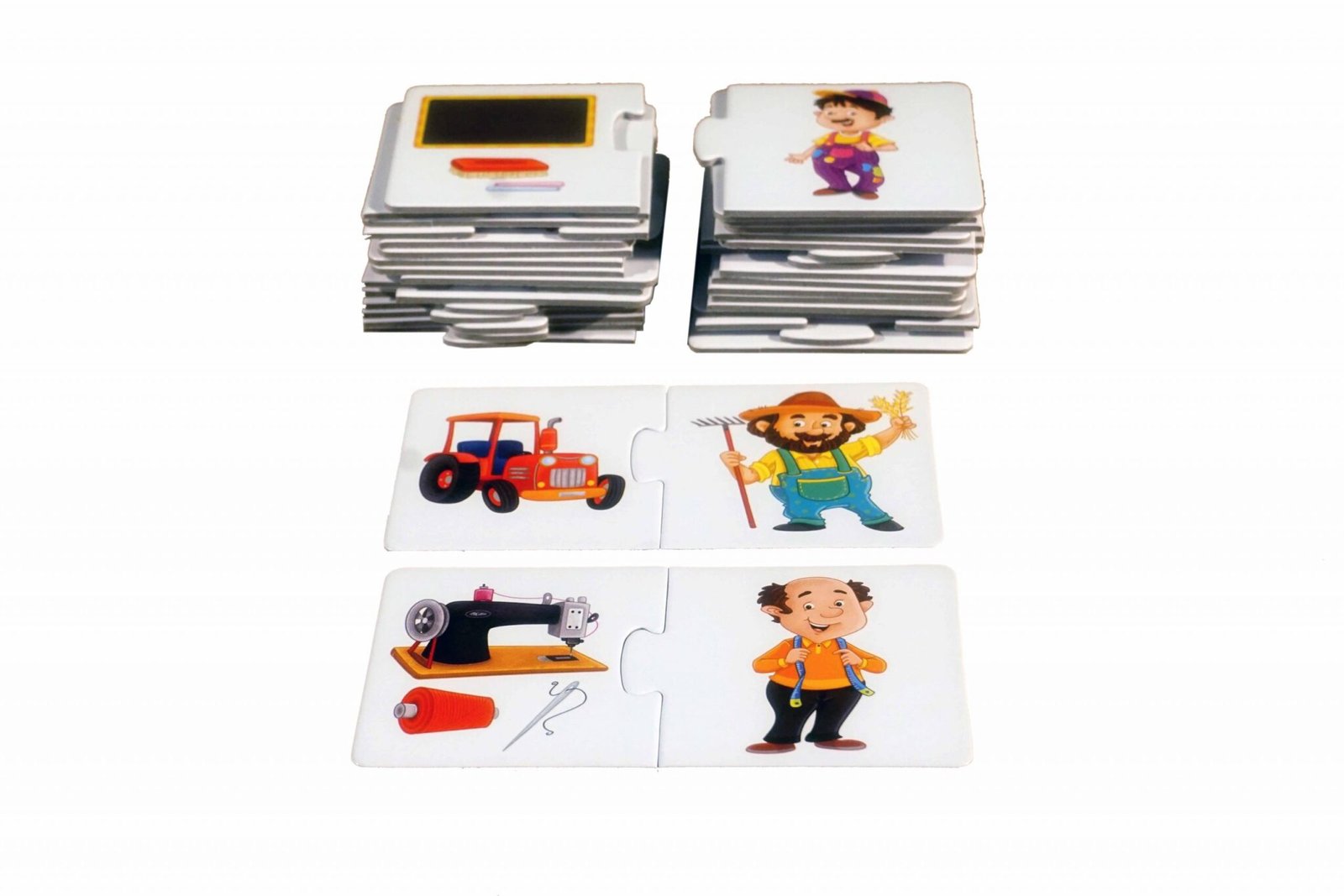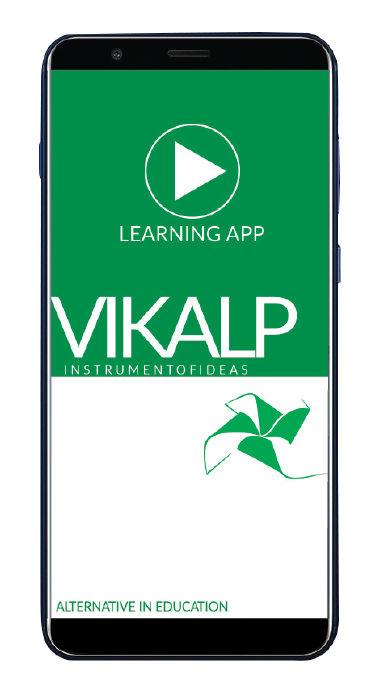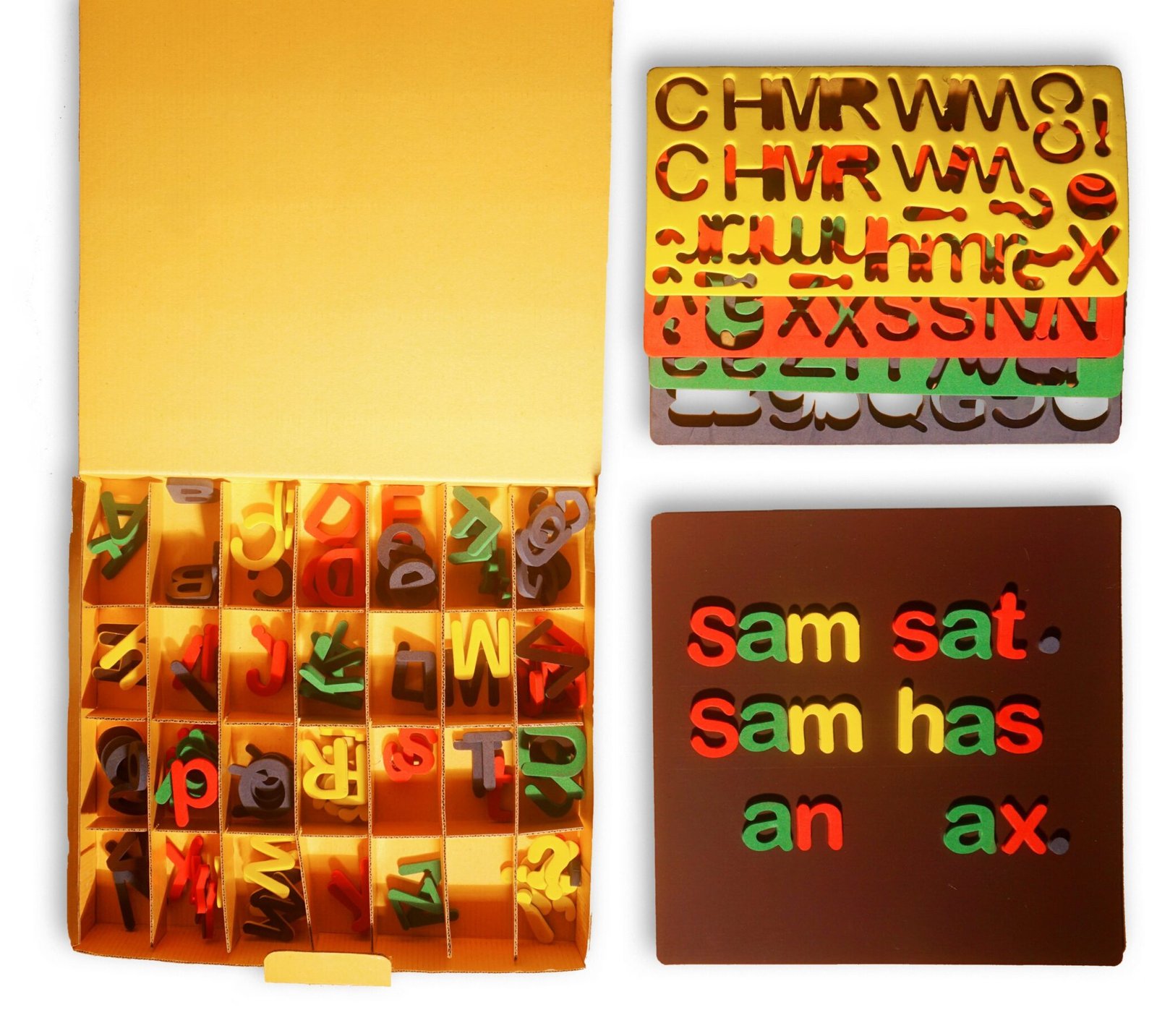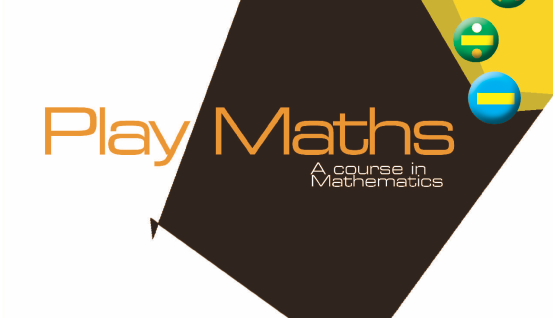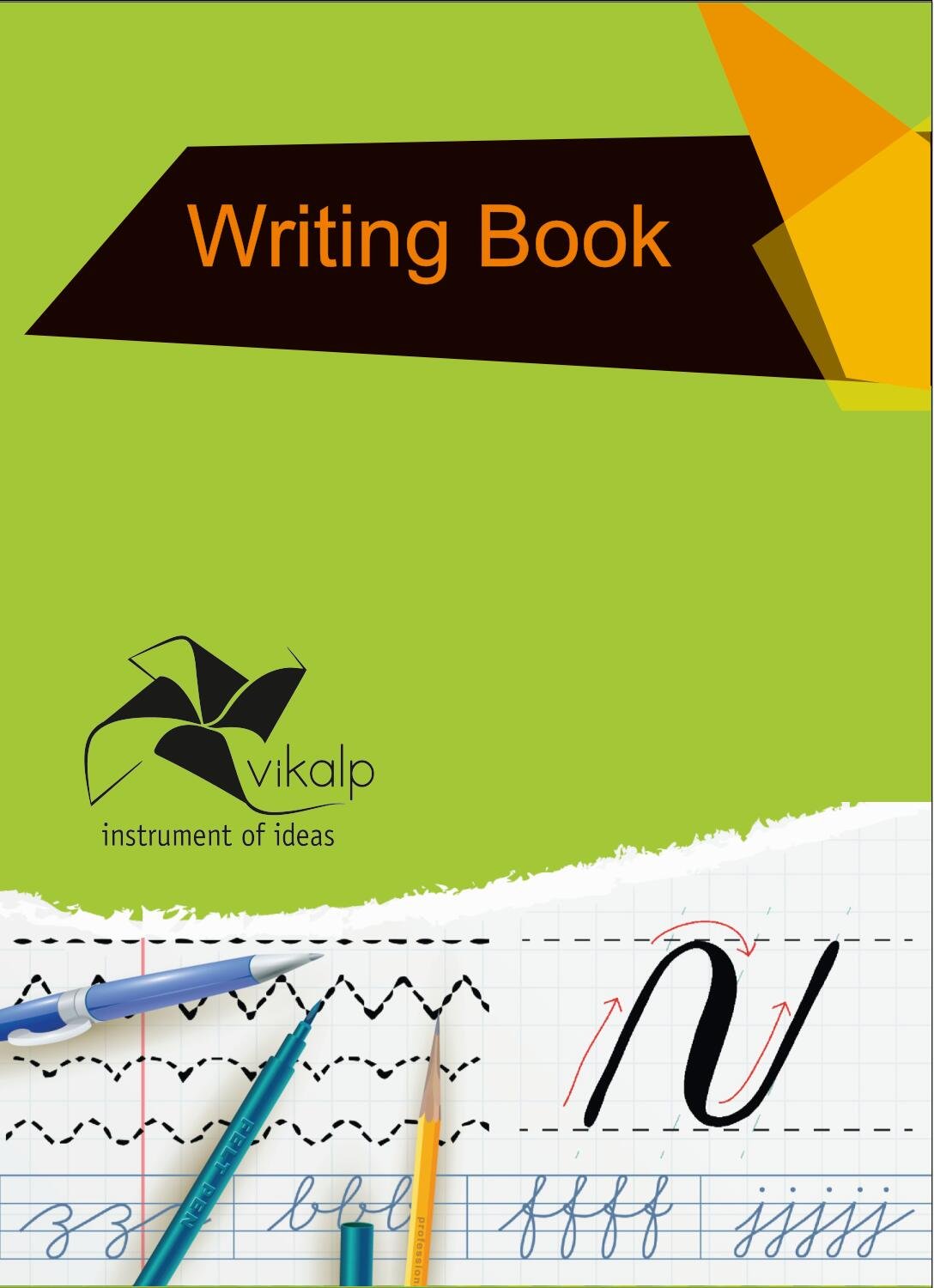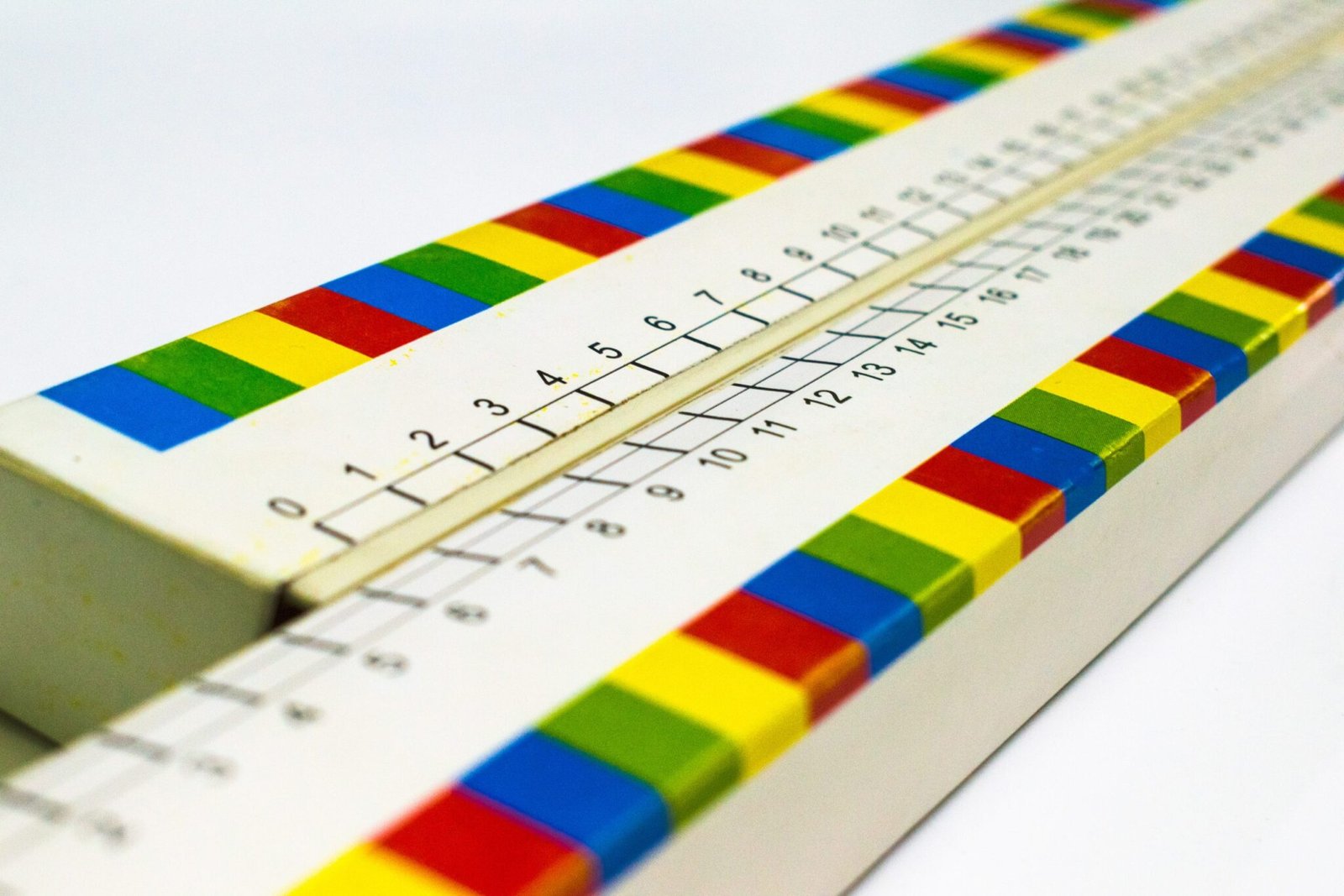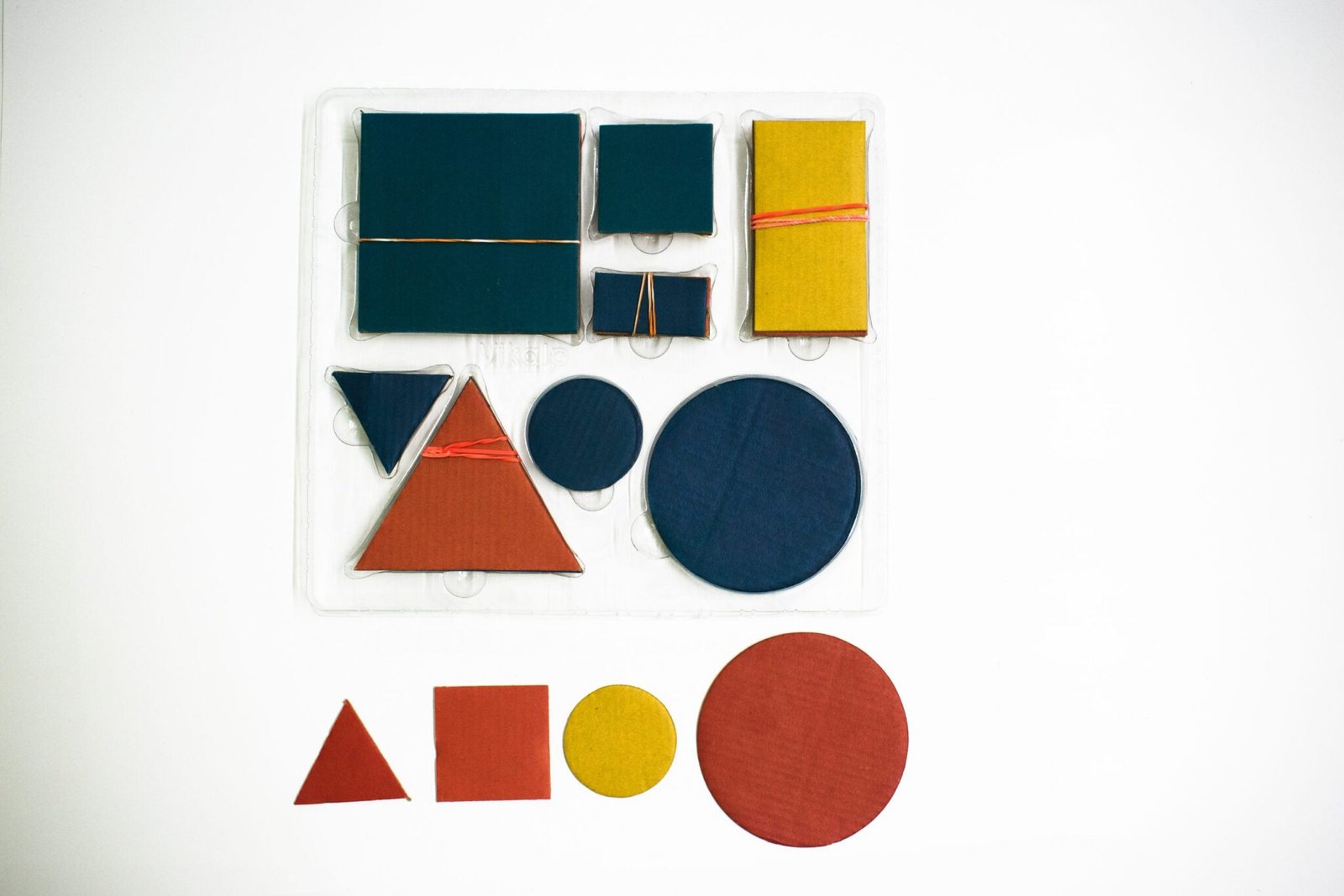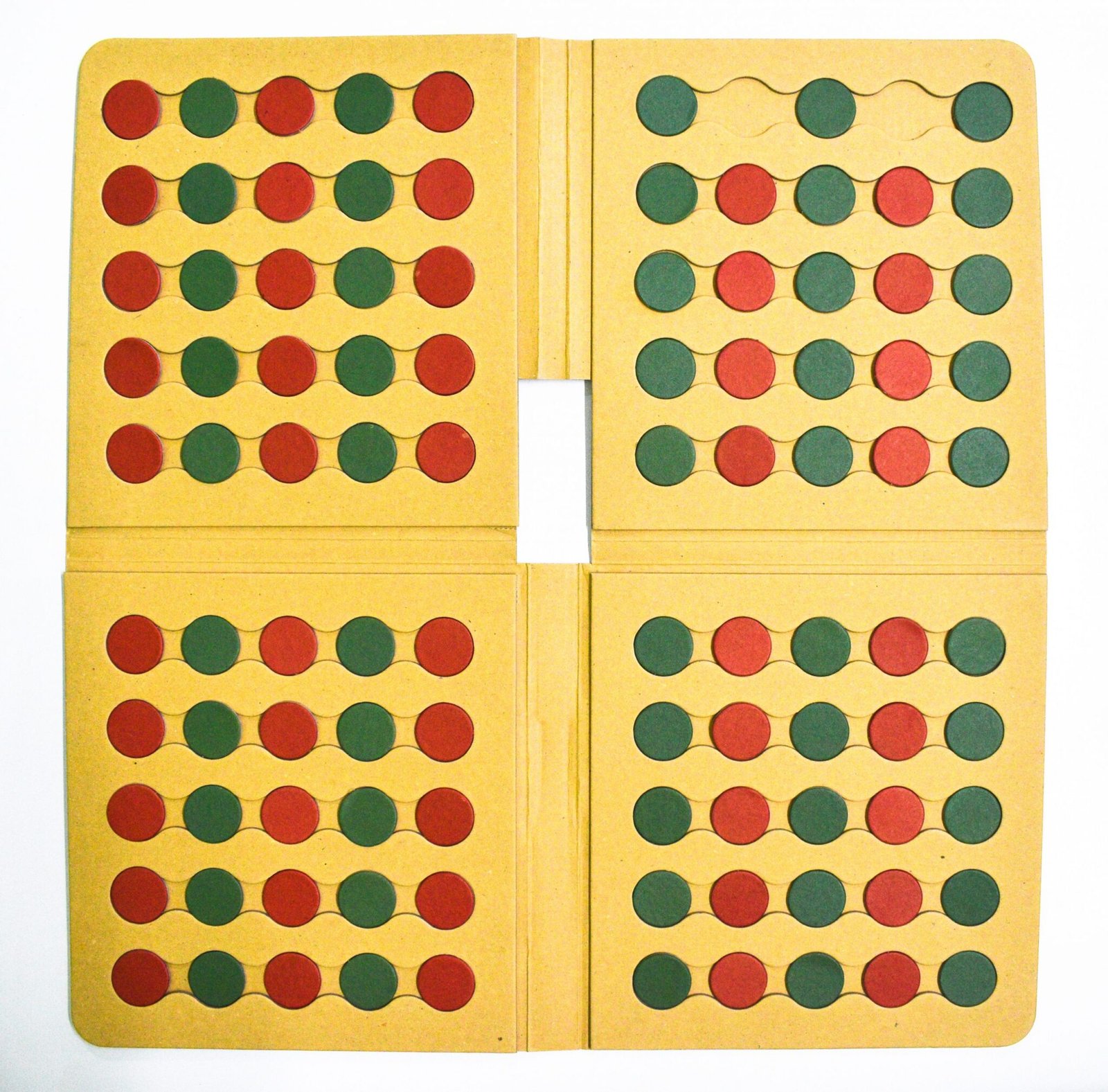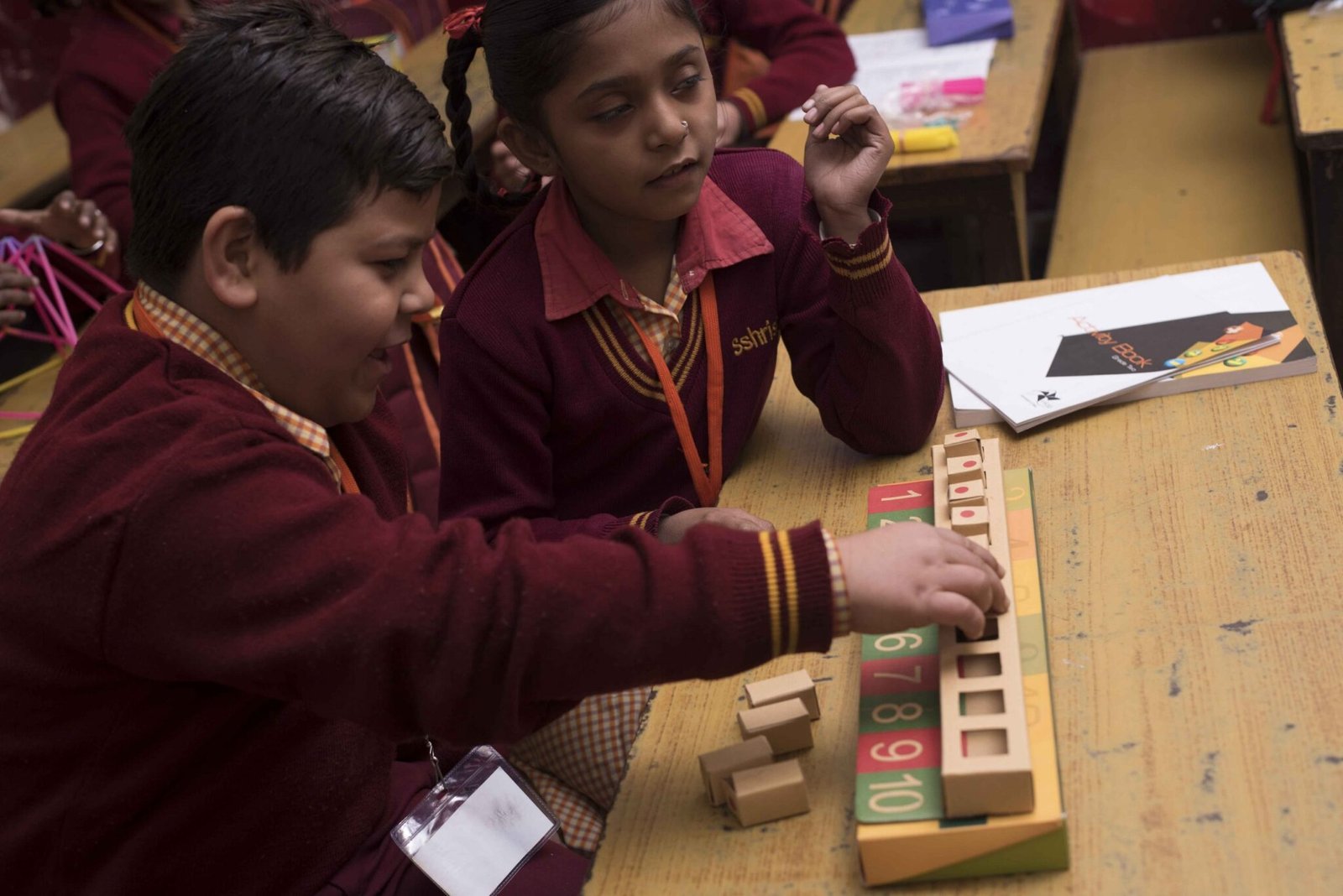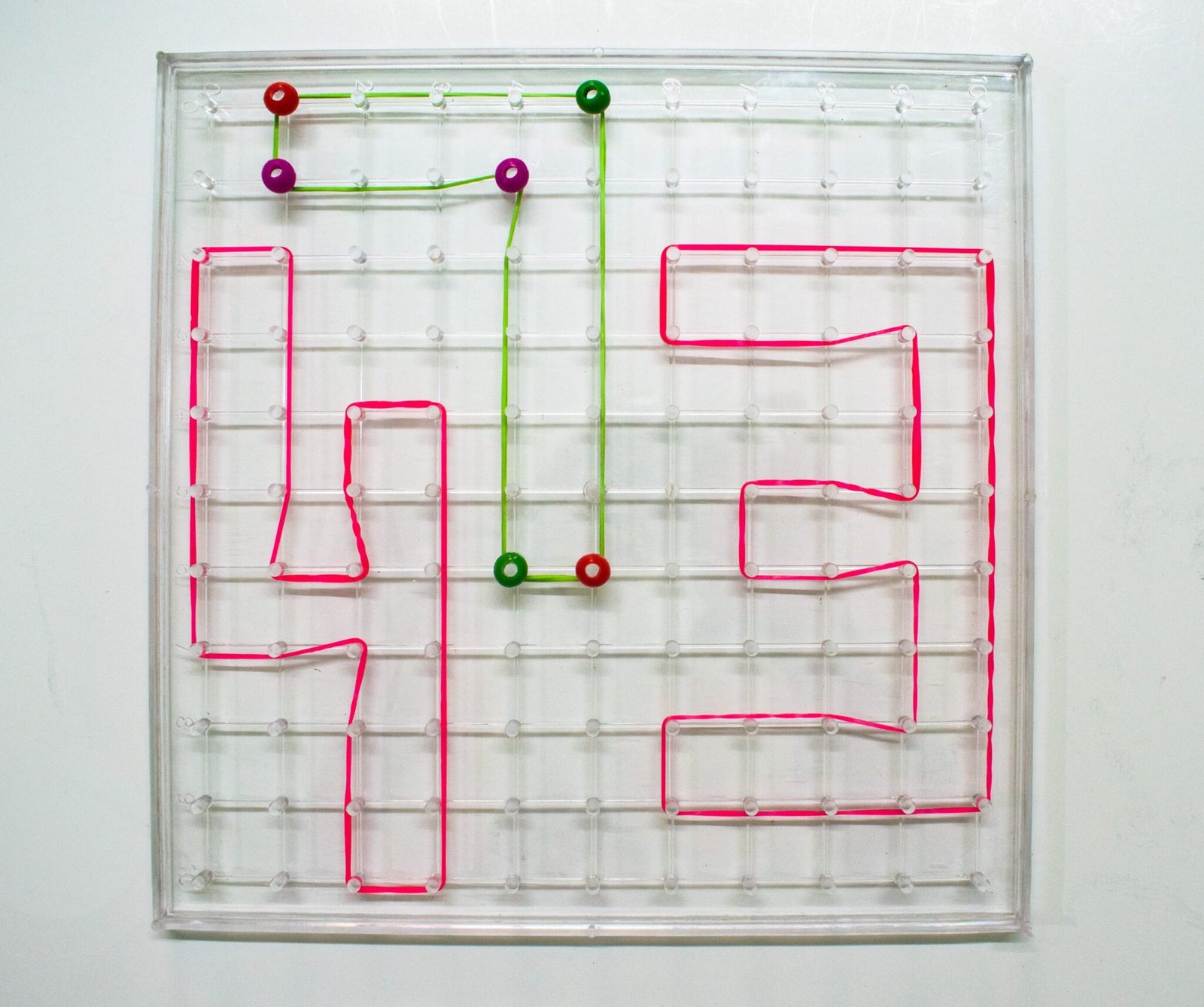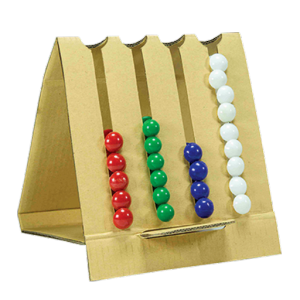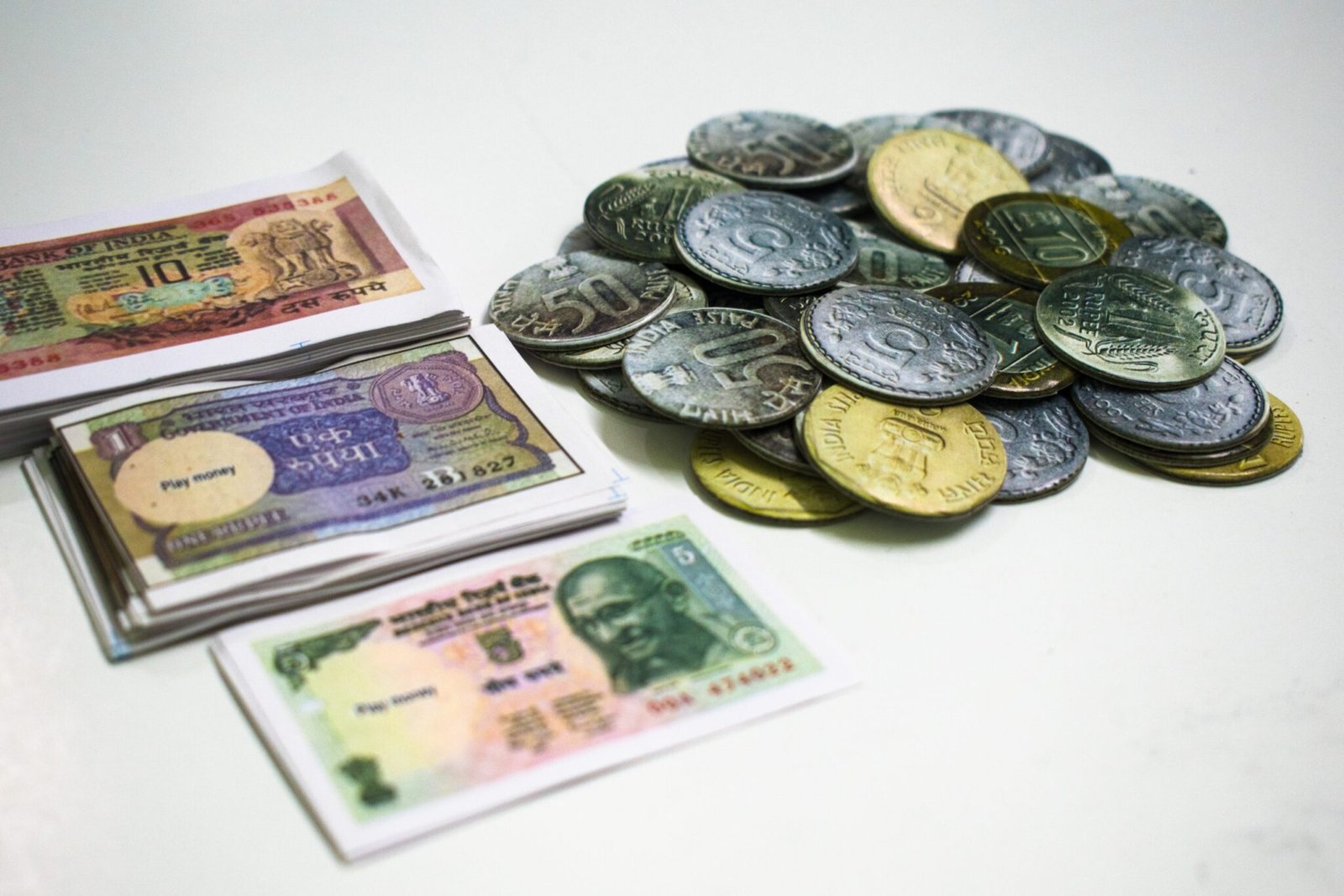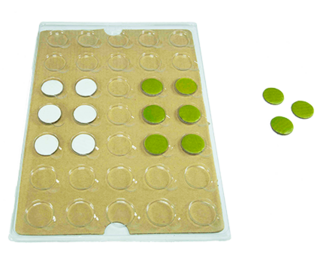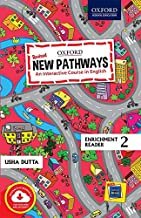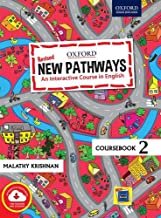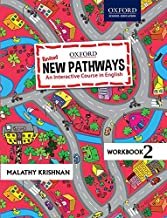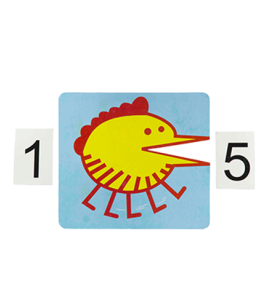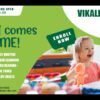Currently Empty: ₹0.00
Grade 2 Classes
₹32,709.00 – ₹98,127.00
https://www.youtube.com/watch?v=VRru9cLU-QM
Grade 2 Classes includes the following:-
LIVE ONLINE CLASS
- 180 Live classes
- Duration 45 minutes
- Batch: 6 to 9 students
- Platform: Zoom
METHODS & TECHNIQUES
- Discover concepts while doing activities
- Practise on mobile games
- Interpreting pictures, sketches, cartoons
- Reading Aloud, reciting poems dramatisation
- Making observations on a given topic/theme
- Telling and retelling stories & anecdotes
- Simple projects as follow-up assignment
- Assessment of both activity + pen & paper work
Educational Toys, Puzzles & Activity Books shipped at your home.
LANGUAGE PRODUCTS
- Writing words & sentences on four-line Cursive Handwriting Book.
- Writing verses on a double-line Cursive Handwriting book.
- Phonic Based Reading using Magnetic Letters.
- Learns how to say tongue twister alliteration on Phonic Sound Cards.
- Oxford University Press English Book with Multimedia Digital Library.
- English Reader-Comprehensive curriculum which lays the foundation for spontaneous language.
- English Workbook-Activities & discovery-based tasks for fun and engaging learning experience. Additional grammar practice and tests.
- Literature Reader-Exposes the learner to selected literature texts spanning from the classic to contemporary.
MATH PRODUCTS
- Addition & Subtraction on Number System
- Learning More or Less than sign on Cheeky Chick
- Discovering properties of 2D shapes on Attribute Set
- Making 3-digit numbers on Abacus
- Inverse Relation between + and – on Opposite Kit
- Skip Counting on Hundred Board
- Discovering Lines, directions and map reading on Geo Board
- Add & subtract using play money of Give and Take
- Introduction of Multiplication on Table Kit
- Match the objects
- Play Math Multicolor Activity Book.
LIFE SKILLS PRODUCTS
- Know about animals on Animal Sounds
- Know how people & things travel on Means of Transport
- Matching products with their origin/source in nature on What Things are Made Of?
BOOKS
- Facilitator Guide with step-to-step guide for parent.
- English Reader-Comprehensive curriculum which lays the foundation for spontaneous language
- English Workbook-Activities & discovery-based tasks for fun and engaging learning experience. Additional grammar practice and tests
- Literature Reader-Exposes the learner to selected literature texts spanning from the classic to contemporary.
- “Play Math” multicolour Activity Book
Digital Products
- Digital resources including animation for integrated support to the coursebook.
- Watch Video Lessons to understand https://play.google.com/store/apps/details?id=com.VikalpIndia.MathVideoApp&hl=en_IN&gl=US
- Play mobile games to practice https://play.google.com/store/apps/details?id=com.VikalpIndia.PlayMathbyVikalpIndia&hl=en_IN&gl=US
Customer Care Support
- Coordination btw parent and faculty for online classes.
- Coordination with Parent and assessment department.
- Conducting webinars on mental, physical and socio emotional development of your child.
- Resolving doubts in doing activities, playing games and follow up assignment.
Vikalp Certificate
After successful completion of curriculum Vikalp Certificate will be issued. Marksheet is a diagnosis of child’s strength and weakness. It consists of both Activity Score (to gauge understanding) and Application Score (to gauge application on pen & paper).
https://www.youtube.com/watch?v=SJ4cYuD2mQI
Grade 2 Classes is inspired by works of founders of experiential learning approach like John Dewey, Kurt Lewin and Jean Piaget. However, our methodology is very similar to David Kolb’s four-stage model of experiential learning. It is argued that our methodology is practical application of this approach in teaching school curriculum.
- First stage– Learning begins with concrete experience. Concepts are introduced via learning toys. Children play and discover concept.
- Second Stage– This learning continues in mobile games where children reflect on what they have understood. They think about the concept from different angles while playing games on mobile.
- Third stage– Once they start grasping the concept, pen and paper is introduced. Conceptualising begins and children start thinking in abstract and starts doing exercises on workbook. This is a gradual movement from concrete to abstract.
- Fourth stage– Now children start experimenting and applying their understanding. At this stage children’s activities and pen and paper work is assessed and diagnostic report is generated. Remedial is planned and learning continues.
CONCEIVED BY
Following two educators of Indian origin has contributed significantly in the conception of this idea:
- P.K. Srinivasan – Fulbright Exchange teacher in USA. Later became Director Emeritus, Ramanujan Museum and Math Education Center (Chenni, India)
- M. Hyacintha A.C – Director, Carmel Teacher Center, Hazaribagh, India
FINDINGS OF THIRD-PARTY ASSESSMENT
Conducted by FSG- international NGO based in Washington DC.
Students subscribing to Vikalp methodology scored 61% higher than control students not subscribing to this way of learning.
Conducted by Gray Matters – measures learning outcomes of children
- Average scale score of sample where conventional teaching is practiced – 88 out of 200
Average scale score after 1 year of implementation of Vikalp methodology – 105 out of 200
Conducted by Lean data study by Acumen – New York based assessment agency
- 80 % parents observed increase in their child’s score
- 83% parent observed improvement in interest in math, ability to grasp concepts, willingness to do homework independently.

